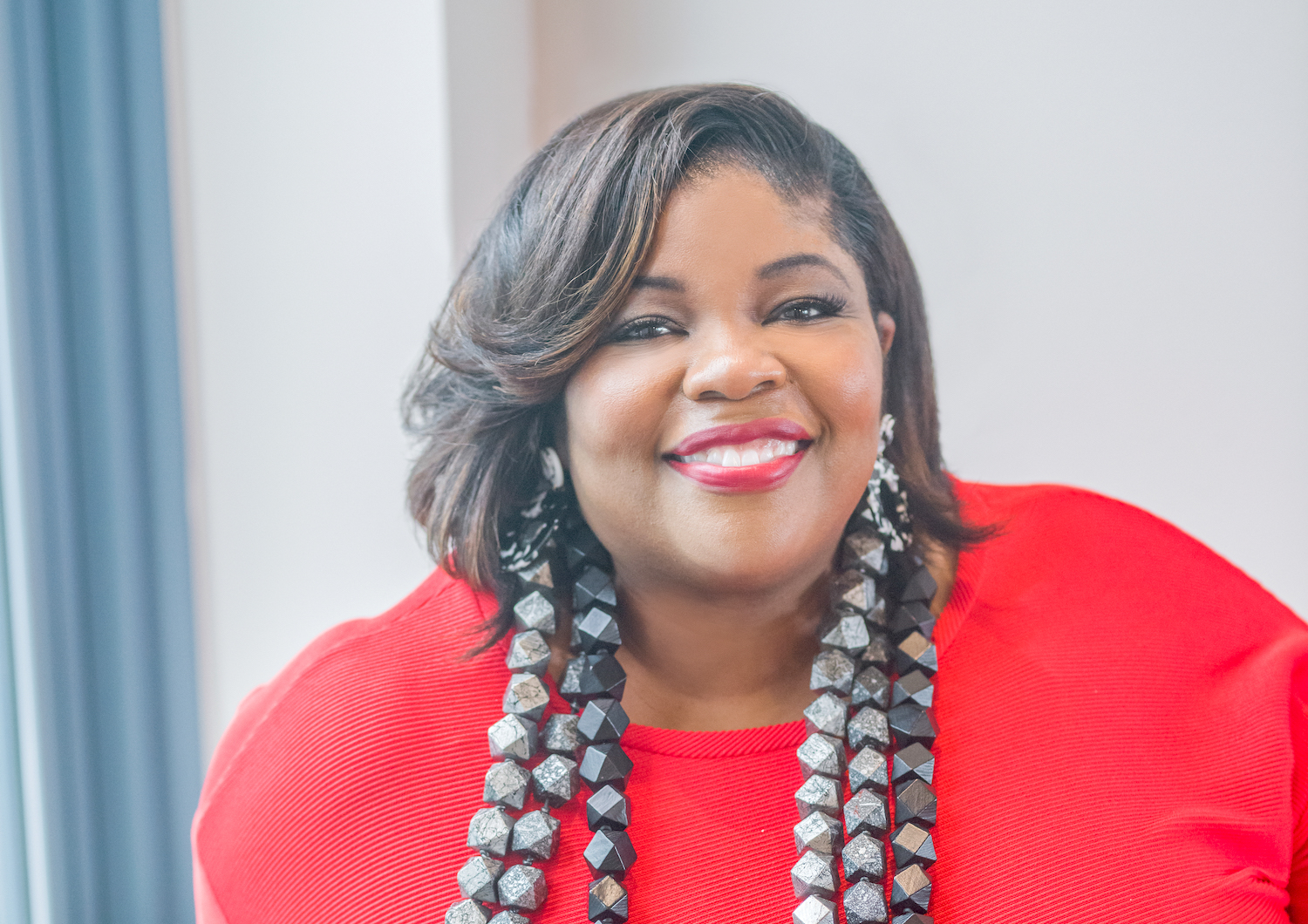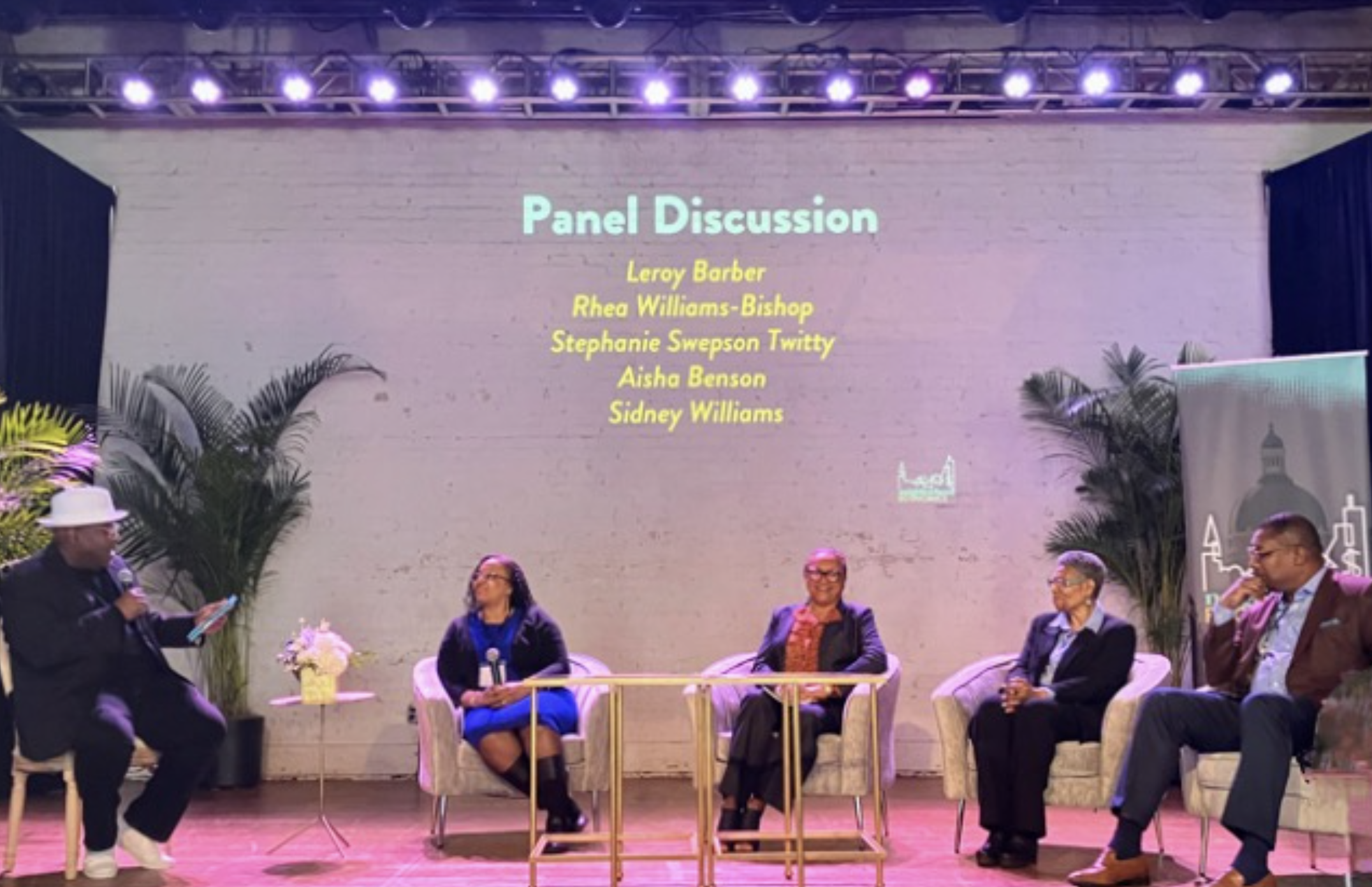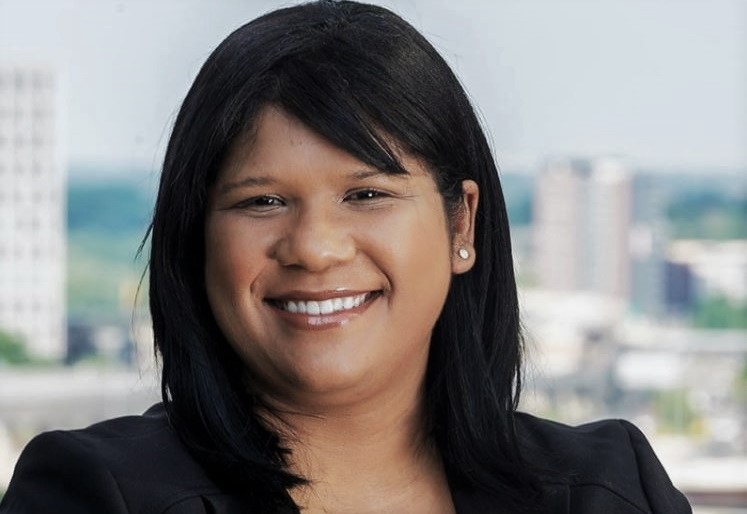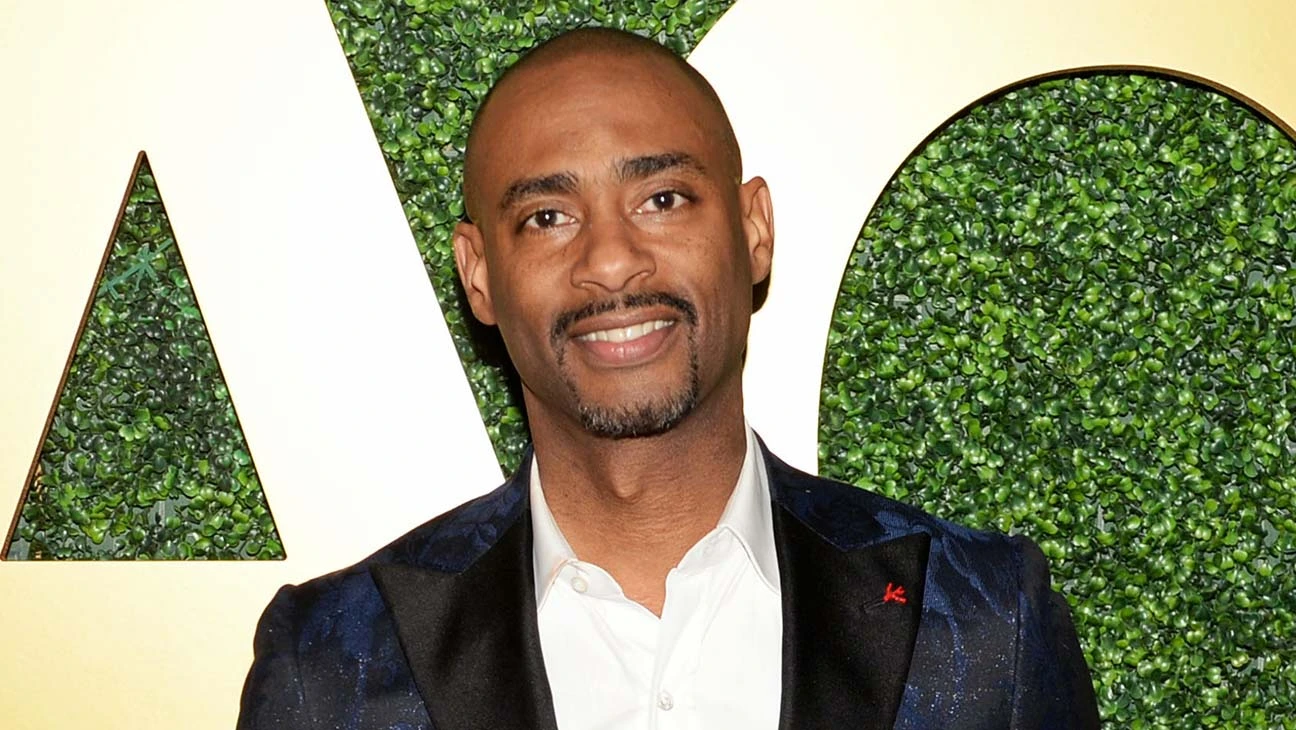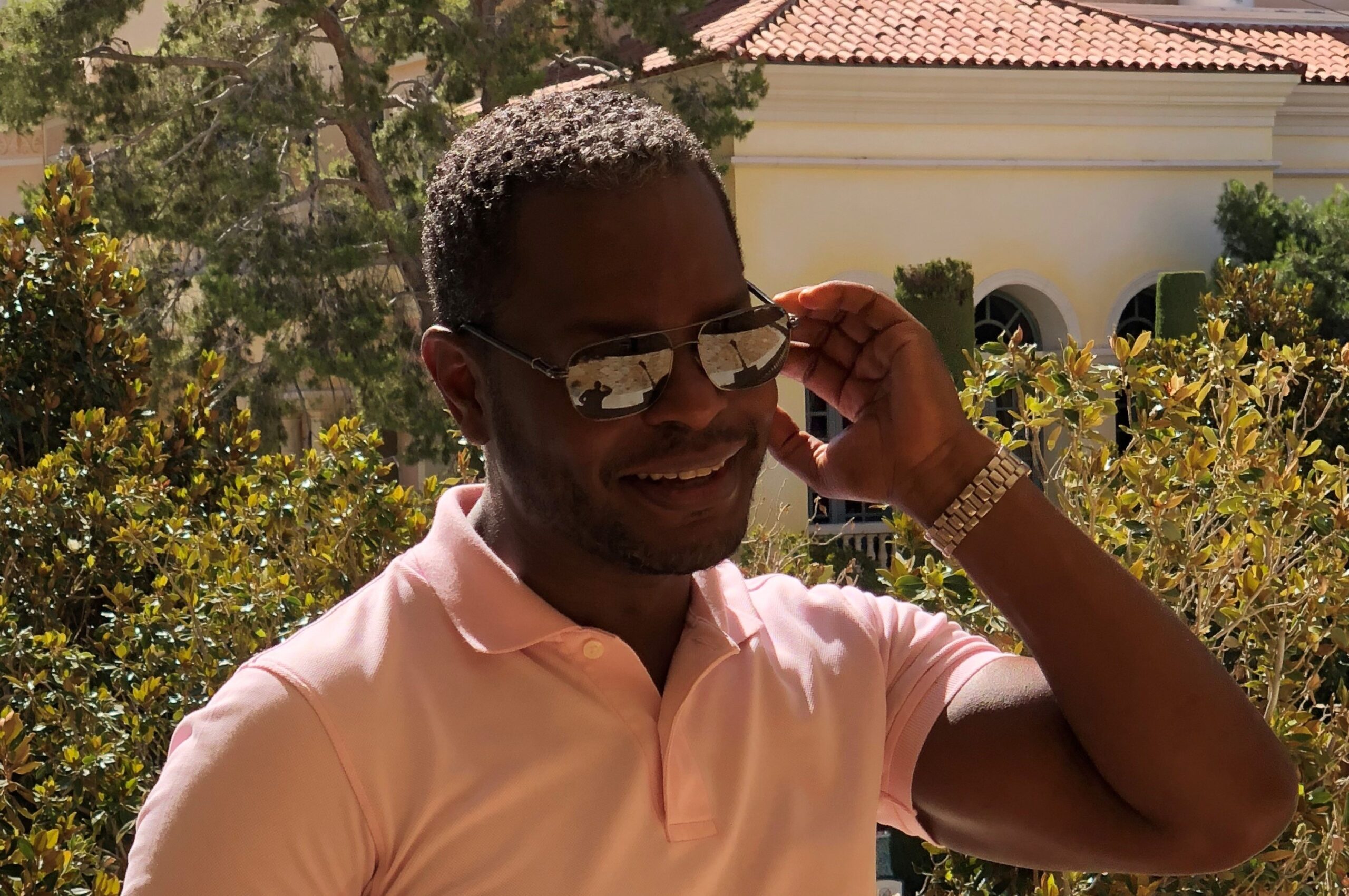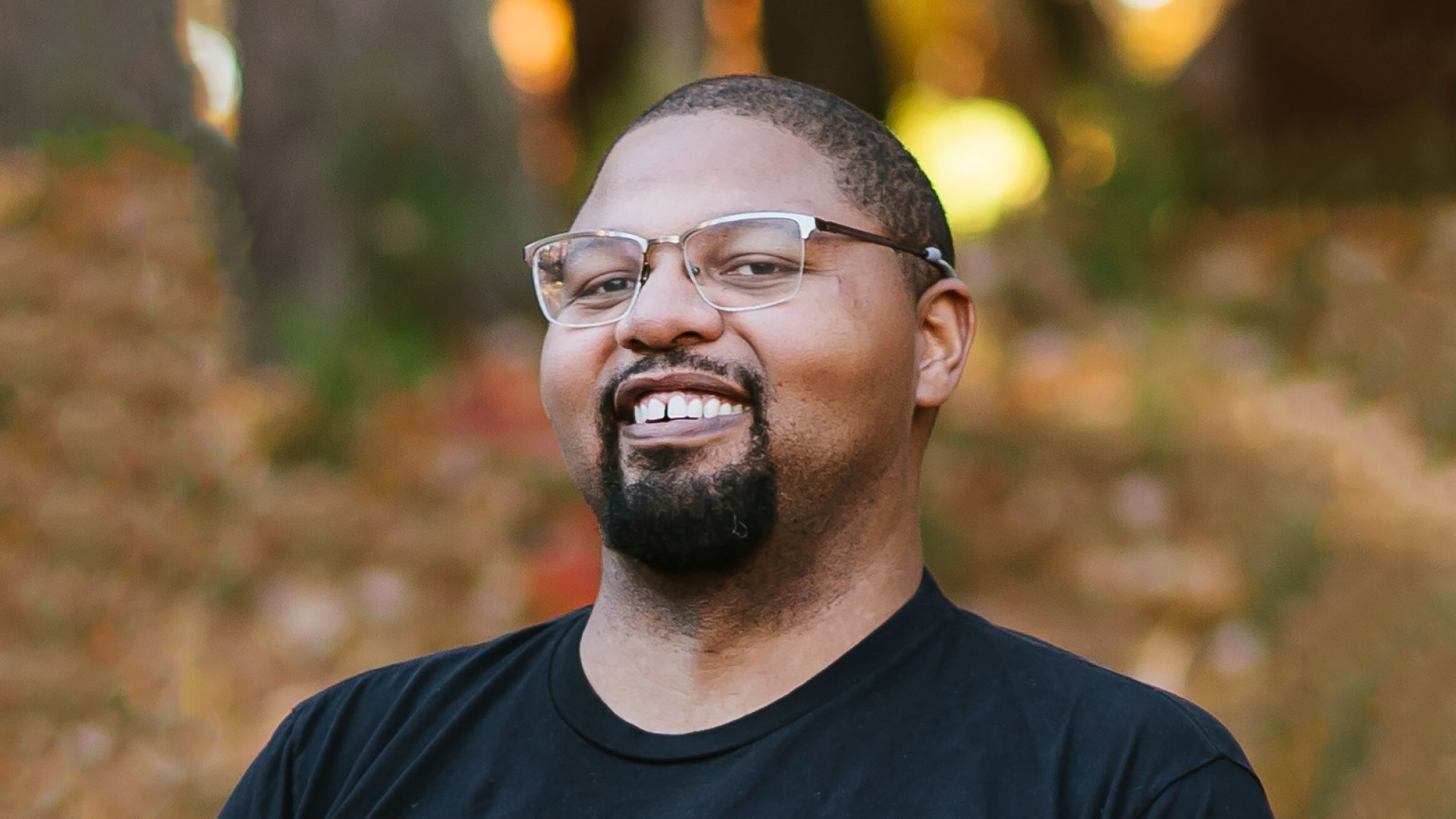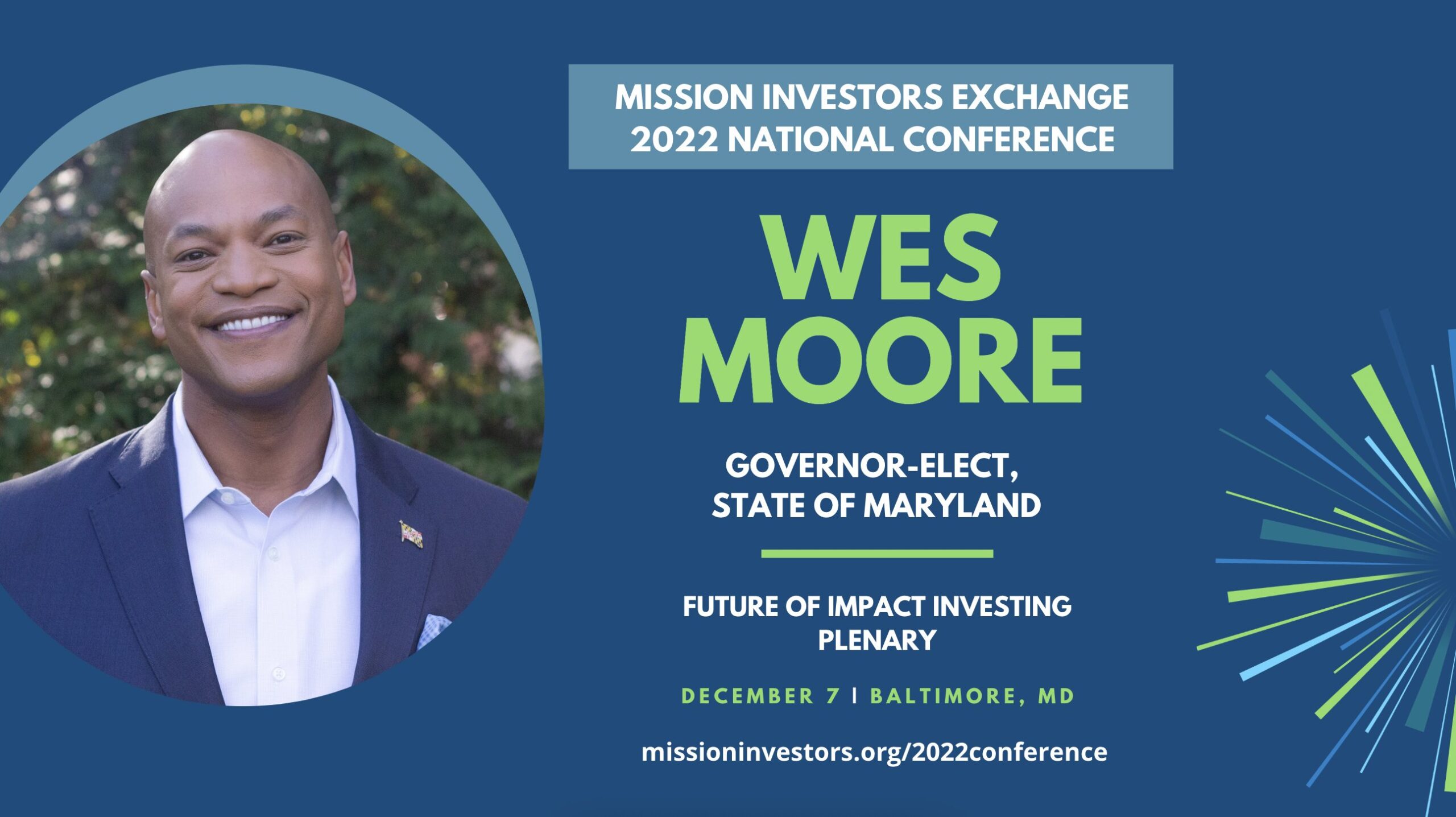ImpactAlpha, April 12 – Tiffany Manuel’s handbooks for social change warn about messaging “backfires.” These days, she’s wielding such tools to overcome backlash.
For two and a half decades, Manuel has studied how to accelerate social justice movements with an evidence-based, case-making blueprint for leaders on the path to what could be called a new Reconstruction. She is the author of Strategic CaseMaking: The Field Guide for Building Public and Political Will, and the earlier Backfires, Backpacks and Bedtime Stories. A video promoting the new handbook implores, “Let’s not miss another chance to own the narrative.”
“To the extent that we as change leaders are able to grasp that skill set and deploy it, we’re able to get people to reimagine what community can look like and also to reimagine justice and to achieve the outcomes that we’re pushing for,” said Manuel, founder of TheCaseMade and a social scientist steeped in the new tools of narrative change and public engagement.
Manuel joined host Monique Aiken on the The Reconstruction podcast to share research into critical mistakes leaders fighting for social justice are making and how to overcome them.
In issue after issue, she told Aiken, evidence is being undermined by dominant narratives that are misinformed at best. “As a social scientist, I had to step back and say, ‘This is not working…What does it take to get people to lean forward on the hard stuff?’
Proximity
The key, says Manel, “is closing the distance so that folks can’t sit on the sidelines.”
Leaders that make an effective case for justice, says Manuel, help people see themselves in a narrative that says “we are not spectators… we are active participants.”
Spectatorship comes at a great cost for us all, says Manuel. “We’ve been talked out of our agency by a whole lot of folks who have lots of degrees and lots of vested interests in the systems as they’ve been shaped but who are not steeped in… justice…or liberation as a framework.”
The shortfall of public will to support proven solutions to social and economic injustices is in part a function of this spectatorship. We don’t consider them “our problem” to solve. Race, gender, socioeconomic status and regions create distance from other people’s problems.
“What you want people to say is ‘I have a home and I’ve owned my home for 30 years, but I remember when I was trying to be able to afford a home. I remember when that was a challenge for me. And I want to make sure that every family gets the advantages that I had at that age.’”
“I don’t want you just thinking about what’s helpful for your children. I want you to think about what’s going to be helpful for your children’s children.”
Adaptive leadership
If solving the national housing crisis were a technical problem, we’d have solved it. “We know how to build housing,” says Manuel. “You can literally go on amazon.com and order a house!” People often impose a technical solution on an adaptive challenge, says Manuel, such as training people for jobs that may be gone in a decade.
Adaptive challenges require broad alignment of stakeholders and the redesign of systems. That takes time to shift culture, practice, mindset, process and relationships between and among people and institutions for durable change.
At NASA in the early 1960s, for example, as depicted in the movie Hidden Figures, Dorothy Vaughan recognized that the Black women hand-computing troves of data were about to be automated out of their jobs by then-new electronic computers. To position herself and her colleagues for the new technology, Vaughan taught herself FORTRAN to program the new machines. She trained her colleagues to manage the computers before others at NASA even knew that would be necessary.
That’s adaptive leadership, says Manuel. “She said, ‘I can see in the future, if I don’t figure out a way to have these folks positioned well for the economy that is coming, they’re going to lose their attachment to these jobs and the ability to support their families.’”
“Adaptive challenges need adaptive leaders who can learn new ways of doing things, change their attitudes, values and norms, and adopt an experimental mind-set,” says Manuel. “Our values around equity are changing, the way we think about how we use our land, who has access to it.”
Such adaptive challenges can, and have, provoked backlash as well, for example to expanded voting rights. Countering divisive narratives with an imagination of the world of our children’s children can establish a new narrative, Manuel says.
“Paint the picture of what it looks like, to allow people to feel that,” she says. “When you think of the future of your city, whether that’s Detroit, or Hartford or Chicago, what’s the future look like? A community where every kid has a shot at success, goes to a school that engages them, that makes them excited about what they’re learning, comes home to a house where they’ve got great access to the things they need to grow and thrive.”
“And then you ask people, so how do we get there? That is case making – allowing people to visit the future and live in that for a moment. And then asking them to join you in the effort to get us there, and say, ‘That future is totally possible, completely 1,000% possible.’”
“We just have to help people envision it and feel the energy and what it would mean to get there.”
Go deeper on adaptive thinking
- Stacey Abrams is a political leader, voting rights activist and bestselling author. She founded Fair Fight to ensure every American has a voice in our election system and Fair Count to ensure accuracy in the 2020 Census.
- Angela Glover Blackwell is Founder in Residence of PolicyLink. Her podcast, Radical Imagination, discusses topics including inequality, racism, and housing insecurity with visionary leaders unafraid of imaginative solutions.
- Amanda Gorman is the youngest inaugural poet in U.S. history and an award-winning writer and cum laude graduate of Harvard University. She has three books forthcoming with Penguin Random House.
- Heather McGhee is author of The Sum of Us: What Racism Costs Everyone and How We Can Prosper Together. Her book offers a powerful lesson in what generations of Americans have failed to learn: Racism has a cost for everyone—not just for people of color.
This podcast is part of ImpactAlpha’s new podcast series, The Reconstruction. Host: Monique Aiken. Editor: David Bank. Producer: Isaac Silk. Special thanks to Lyneka Little and Cesar Chavez.
Find episodes of The Reconstruction podcast, and all of ImpactAlpha’s coverage of racial justice and inclusive prosperity, on The Reconstruction landing page.

